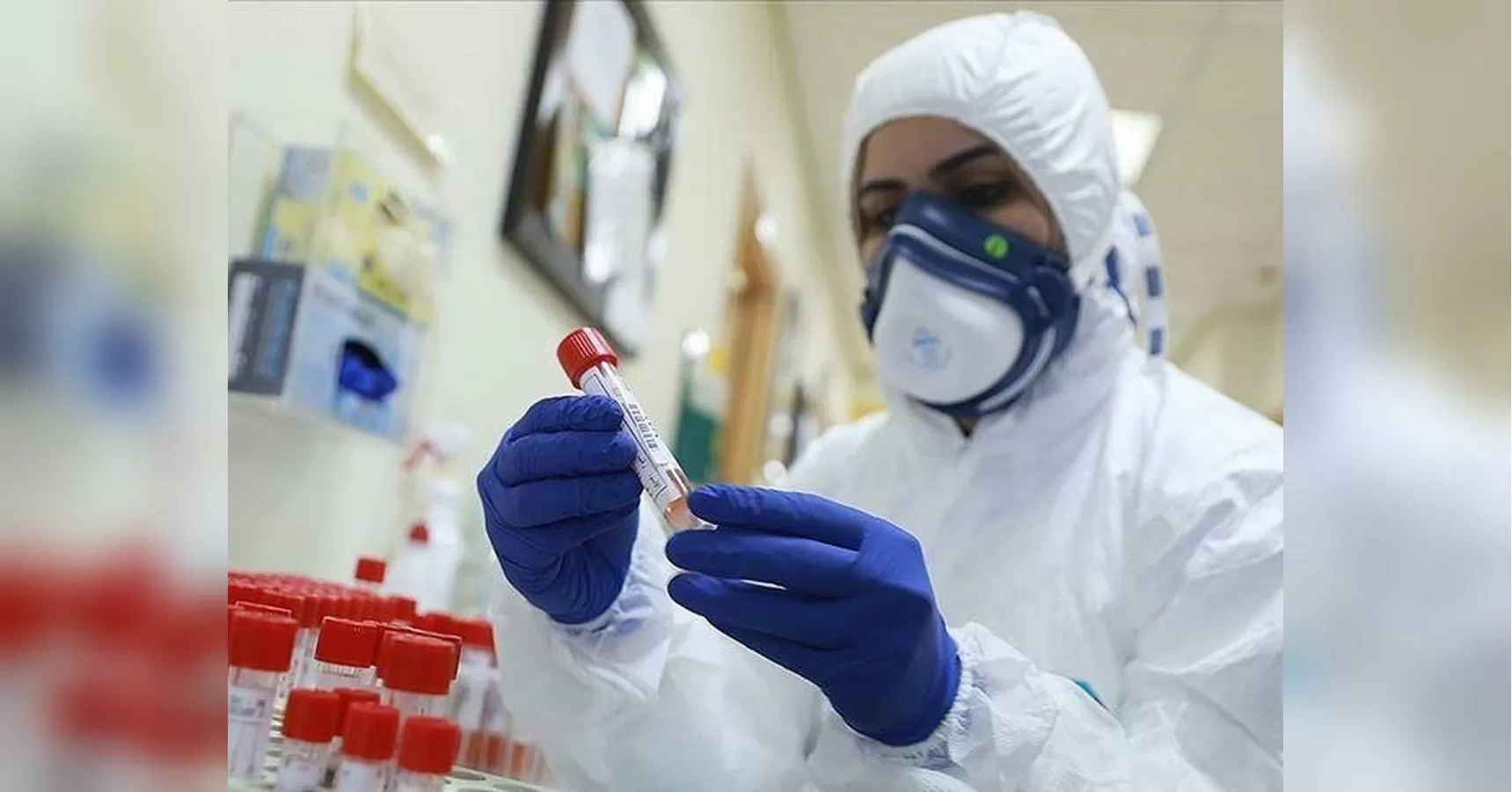The World Health Organization (WHO) is a specialized agency of the United Nations responsible for international public health. It is well-known for its role in coordinating and leading global efforts to prevent, control, and respond to health emergencies and outbreaks. However, in the midst of the current COVID-19 pandemic, the WHO has faced criticism for its response and handling of the situation. One of the key issues that has been raised is the lack of a specific assessment of the virus’s danger by the organization.
The WHO has been at the forefront of the fight against the COVID-19 pandemic, providing guidance, coordinating global efforts, and disseminating information to help countries and individuals protect themselves. However, as the virus continues to spread and the death toll rises, many have questioned why the WHO has not given a specific assessment of its danger. In response, the organization has stated that it is still too early to determine the exact level of danger posed by the virus.
According to the WHO, the situation is constantly evolving and the organization is continuously monitoring and analyzing data from around the world. As such, they are not yet able to give a specific assessment of the virus’s danger. This does not mean that the WHO is downplaying the severity of the situation or ignoring the potential risks. On the contrary, the organization has been working tirelessly to provide accurate and timely information to help countries and individuals make informed decisions to protect themselves.
The WHO’s Director-General, Dr. Tedros Adhanom Ghebreyesus, has emphasized the importance of taking a science-based approach in dealing with the pandemic. He has repeatedly stated that the organization’s decisions and recommendations are based on the best available evidence and data. This approach ensures that the WHO’s actions are guided by facts and not influenced by political or economic considerations.
Furthermore, the WHO has stressed the need for a coordinated global response to combat the pandemic. The organization has been working closely with governments, health experts, and other partners to share information, resources, and expertise. This collaborative effort is crucial in addressing the pandemic, as the virus knows no borders and can only be defeated through a united front.
It is also worth noting that the WHO has been transparent in its communication regarding the COVID-19 pandemic. The organization has regularly held press briefings and provided updates on the situation, including the number of cases and deaths reported globally. This level of transparency is essential in building trust and ensuring that the public has access to accurate information.
In addition to its efforts in responding to the pandemic, the WHO has also been working to address the underlying issues that have contributed to its spread. These include the lack of access to proper healthcare, inadequate funding for public health systems, and global inequalities. The organization has called for increased investment in public health and has urged governments to prioritize the health and well-being of their citizens.
In conclusion, while the WHO has not given a specific assessment of the COVID-19 virus’s danger, it is not because they are downplaying the severity of the situation. The organization is continuously monitoring and analyzing data to provide the most accurate information and recommendations. The WHO’s science-based approach, transparency, and collaboration with global partners are crucial in addressing the pandemic and protecting the health of individuals worldwide. As the situation continues to evolve, the WHO remains committed to its mission of promoting health, keeping the world safe, and serving the vulnerable.

